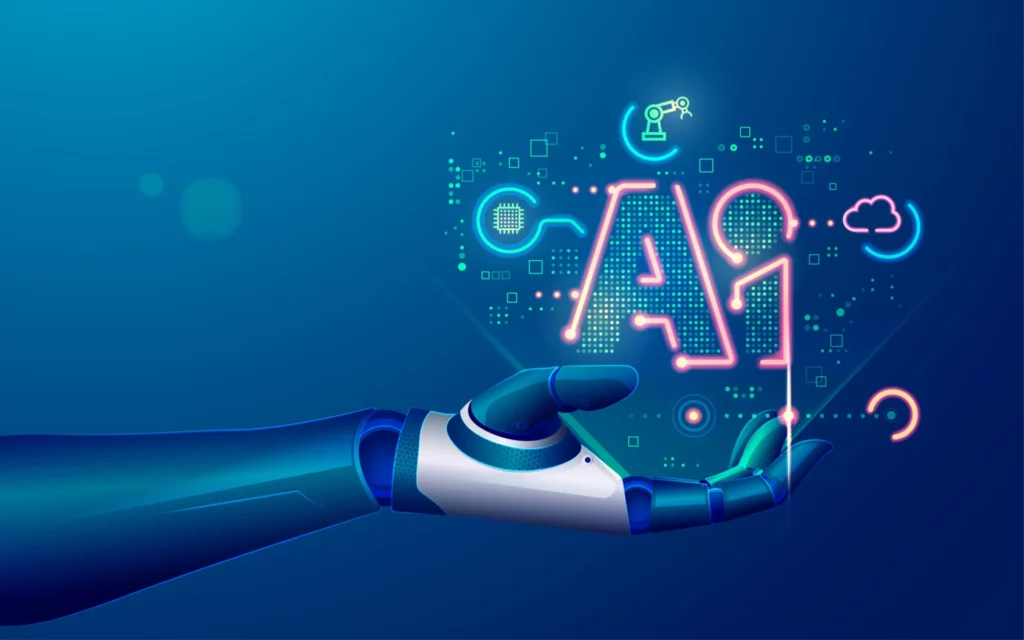Exploring IP Rights in the Age of Generative AI
As part of an UNESCO’s series of webinars for judicial operators, the Inter-American Court of Human Rights, located in Costa Rica, organized a webinar about intellectual property rights in the era of generative AI.
The discussion featured Judge Ricardo C. Pérez Manrique, President of the Inter-American Court of Human Rights, Tawfik Jelassi, UNESCO’s Assistant Director-General for Communications and Information, Ernesto Ottone, UNESCO’s Assistant Director-General for Culture, Sougwen Chung, artist and researcher, founder of SCILICET, Neil Turkewitz, copyright activist, and member of the Artist Rights Alliance, Prof. Thomas Margoni, research professor of intellectual property law at the Faculty of Law and Criminology, KU Leuven, Liz Lenjo, Chairperson Copyright Tribunal of Kenya, Marielza Oliveira, UNESCO’s Director of Digital Inclusion and Policies and Digital Transformation. Over 300 judicial operators worldwide joined the discussion.
The webinar covered topics such as:
-How generative AI is changing the definition of authorship.
-What types of intellectual property protection is available for AI-generated content.
-How to enforce IP rights in the face of generative AI.
-The future of IP law in the age of generative AI.
From crafting blog posts and articles to composing music, creating videos and images, developing games and code, designing marketing strategies and even producing architectural plans, the transformative power of generative AI is being widely adopted.
“While the possibilities offered by generative AI are vast, it’s crucial to acknowledge the challenges it poses to intellectual property (IP) rights. For instance, determining copyright ownership becomes complex when an algorithm generates new work that resembles an existing creation. In such cases, should the primary author be considered the human designer or the AI system?” UNESCO stated in a press release.
Recently, a group of Costa Rican congress members introduced a bill that seeks to regulate the use of artificial intelligence in the country. The bill, which was developed with the help of the artificial intelligence tool ChatGPT-4, will now be reviewed by a congressional committee.

- Prisma Business Center, Oficinas 302 & 306 Escazú, San José, Costa Rica 10203
- Oficina corporativa (+506) 2288 5797
- info@ideasips.com
- Lunes a Viernes 8:00 a.m - 5:00 p.m.
- Contacto
